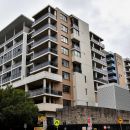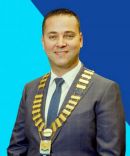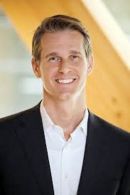| Middle East |
| President Sleiman’s visit to King Abdallah reaffirming Riyadh’s support for the process of conciliation in Lebanon |
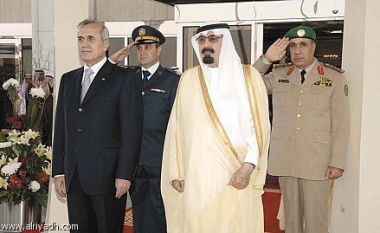 |
King Abdullah of King Abdullah, during summit talks with Lebanese President Michal Suleiman in red Sea city of Suleiman appreciated The president also described media attacks against "Any Lebanese individual who attacks any of his Arab brothers in the media, particularly "I hear that we are accused of being with some people and against others ... We are with all sides, and we do not pursue any private interests" in The official, who requested anonymity, said the Saudi monarch made his remarks when he met Sleiman after the Lebanese leader arrived in the Red Sea city of " Some members of Relations between Addressing the Saudi king, Sleiman praised "We need not to go far back in history to see that Saudi Arabia had always stood by Lebanon ... We can start with the Saudi-sponsored Taif Accord, which established peace among the Lebanese," Sleiman said, adding that Saudi aid to Lebanon had exceeded all expectations. "I would like to speak about the Saudi military aid to the Lebanese Army during the Nahr al-Bared battles last year," he said, referring to the conflict between with the Fatah al-Islam militant group in the Northern Palestinian refugee camp. "We will not forget your famous saying: 'Letting down The president also said the upcoming stage in "We must work on emphasizing the right of Palestinian refugees to return to their homeland," he said. The bilateral talks ended with the Saudi monarch awarding Sleiman a medal reserved for world leaders. On the second day of his visit, Sleiman met Saudi Crown Prince Sultan bin Abdel-Aziz and Foreign Minister Prince Saud al-Faisal. The president held talks with Faisal in the presence of Foreign Minister Fawzi Salloukh, Public Works Minister Ghazi Aridi, Lebanese Ambassador Marwan Zein, and Saudi Ambassador Abdel-Aziz Khoja. The Saudi foreign minister told reporters ahead of the meeting that differences over During his talks with Faisal, Sleiman proposed establishing a watchdog entity with the aim of countering terrorism in many Arab and Islamic countries. Suleiman seeks Saudi investments Lebanese President Michel Suleiman urged Saudi businesspeople to continue investing in his country despite the losses they incurred earlier this year during a severe political and security crisis in “No investor will lose money in The Lebanese economy is stable now and allows free movement of funds, he said, adding a note of appreciation for King Abdullah, Custodian of the Two Holy Mosques, for his work in bringing about political, economic, and social stability in The president saw scope for bigger joint ventures with Saudis. He said the investment facilities offered by the Kingdom, which include tax exemption and guidance based on clear-cut regulations, were a rarity in the world economy. Suleiman said he has tasked his Minister of Economy and Commerce Muhammad Al-Sadafi with looking into the losses of Saudi investors in According to Abdulmohsin Al-Hokair, vice president of the Saudi- Lebanese Business Council, Saudi investors had earlier this year planned to pull out a total of SR18 billion in investments from Saudi Minister of Commerce Abdullah Bin Ahmad Zainal, who was with Suleiman at the JCCI meeting, also encouraged more investment in Saudi-Lebanese trade has increased from SR981 million in 2000 to SR1.89 billion in 2007 and the Kingdom has turned into an investment magnet for the Lebanese with 543 joint projects totally valued at SR7.17 billion, Zainal said. Saudis have a 61.7 percent stake in the ventures along with the Lebanese and other foreign partnerships, he said. The Kingdom seeks now to attract more Lebanese infrastructure investments in the projected mega economic cities including gas, power, and petrochemicals projects, he said. Al-Hokair said that following the Lebanese political settlement and election of a new president, Saudi investments worth more than SR5 billion were starting to return to that country. ‘Jeddah summit important for Arab solidarity’ Lebanese Minister of Public Works Ghazi Al-Areedi described the talks between King Abdullah and visiting Lebanese President Michel Suleiman as cordial. The talks served a reminder of positive historical stances between the two countries and a confirmation that the Kingdom treats all Lebanese equally, he said. Al-Areedi was part of the Lebanese delegation which was received by King Abdullah. King Abdullah and President Suleiman had frank discussions on on all Lebanese pressing issues, he said. The summit was a road map for strategic relations and boosting Arab solidarity, he added. The summit revolved around political, economic, commercial, and security aspects, Al-Areedi said. The terrorism dossier was also discussed in the talks with a serious concern to continue war on terror. Answering a question on whether the talks dealt with He pointed out that they agreed to form committees to follow up the agreements of the Jeddah summit. He added that Dr. Abdul Aziz Khojah, the Kingdom’s Ambassador to The Kingdom was the first country to support As to the economic agenda in the talks, Al-Areedi said the two leaders discussed all its details as the Kingdom has extended all out support to The chairman of the Future Bloc, one of the main political groups in “Lebanese view Suleiman’s visit to the Kingdom as reflecting the aspiration of all Lebanese nationals. He added that the Saudi-Lebanese relations have endured all tests. He cited the Kingdom’s support for |
 |
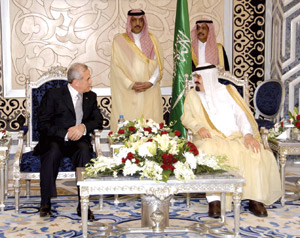 |
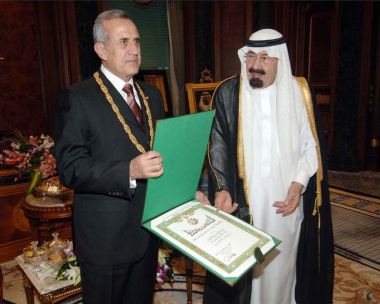 |
- Sultanate of Oman celebrates its 38th National Day
- Kuwait’s Amir Sheikh Sabah warned against undermining national unity
- Development march under Sheikh Khalifa the UAE President
- Prince Alwaleed a man for all titles
- Lebanese President hails Kuwait's support to his country
- Al Attiyah addressed a seminar on Dialogue in Spain
- Thousands of Christians flee violence in Iraq
- H.H Sheikha Mozah addresses a UNESCO Conference in Paris
- UN meet opens new era of peace
- Prince Turki accuses US government of doublespeak




